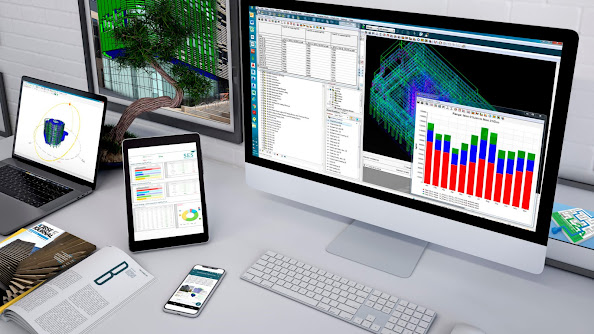There are many accounting software options for home and business use.
Compiling accurate accounts used to be a task that accountants had to do. They could not rely on their own abilities. Computers and software engineers have made it possible to create programs that can do exactly this. Even though it takes the expertise of an accountant, recording, tabulating, and reporting are much more accurate.
There are programs available for everyone, from individuals who need them for personal use to small business owners to multinational corporations. The price range is a measure of the software's ability to meet your needs and what modules you have.
Software for personal accounting
xero accounting software includes programs that are designed for home use. These programs include basic modules that allow you to manage household budgets, expenses, download bank statements, wealth monitoring, and bookkeeping.
It is affordable, easy to use, and highly sought-after by homeowners who have realized the benefits of accounting software in their financial planning.
Software for small businesses that is low-end
Low-end accounting software is a step above personal accounting, but nowhere near the high-end options. The primary users are small businesses and people who work from home. Although there are not specific modules, the basic features allow users to manage payrolls, generate invoices, reports, and reconcile their accounts.
Software for medium-sized to large companies in the mid-market
Software that covers multiple processes can be beneficial for expanding or established businesses. Mid-market software offers more customized modules. Other than the standard budget, expense, payroll, and invoice generation features, there are also multiple currency accounting options. Because large companies trade in multiple currencies, the programs can be used to efficiently manage finance aspects.
Mid-market software allows networking, but not on the same scale as high-end programs. It's enough to allow financial professionals and accountants to access the information from anywhere.
These programs are expensive and cannot be afforded by large, established companies.
Enterprise resource planning (ERP)
ERP, also known as high-end accounting software, is used by both mid-market program users and multinational corporations that witness transactions totaling millions of dollars. The software is extremely flexible and can be implemented in months. Sometimes, it takes more than six months. Training programs are required for all users.
ERP's core modules include order processing, inventory management, and production. ERP provides a real-time view and integration of all business processes, allowing every department to benefit.
Software for vertical markets and custom applications
Accounting programs that are tailored to specific industries and businesses require more than ERP. Construction, banking and medical industries are the primary customers.
There are two options: industry-specific or custom software. Which one you choose will depend on many factors. Vertical market software, for example, has lower implementation costs and is more accessible while custom programs may include modules that are specific to the business but can have higher implementation costs.
Programmers are increasingly looking for more advanced technology in order to provide higher-quality software at lower prices as the demand for accounting software grows. Programs that can adapt to the changing needs of businesses, from small companies to large corporations, are essential for their success. Programmers must be able to come up with innovative solutions for managing change so that consumers don't have to switch to new software every few decades.




Comments
Post a Comment